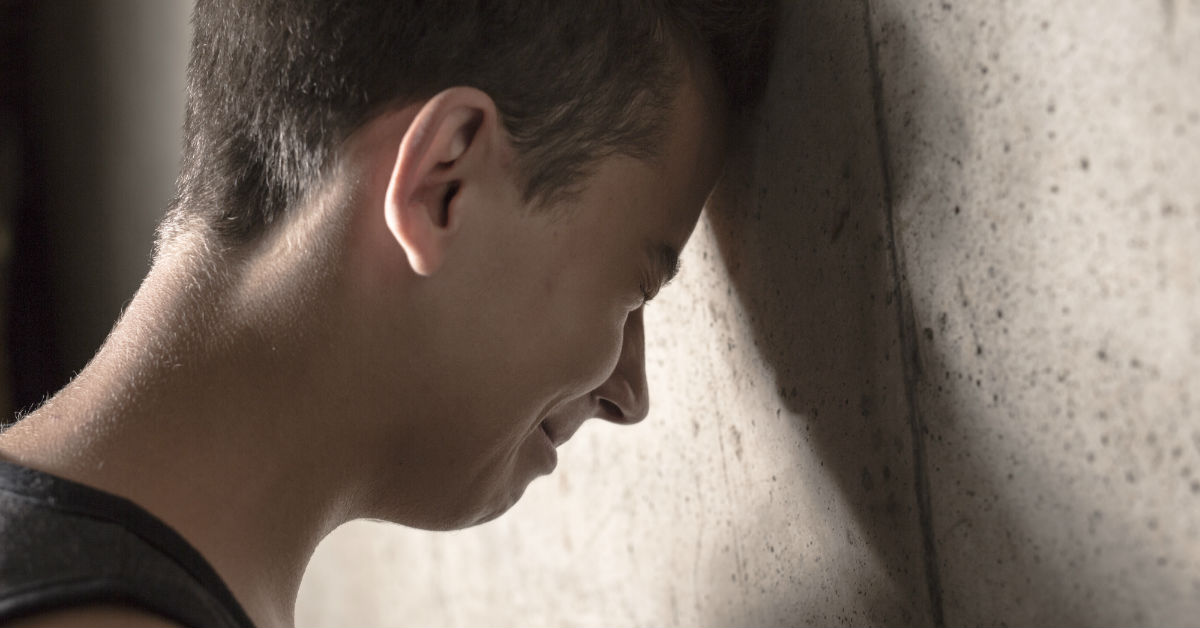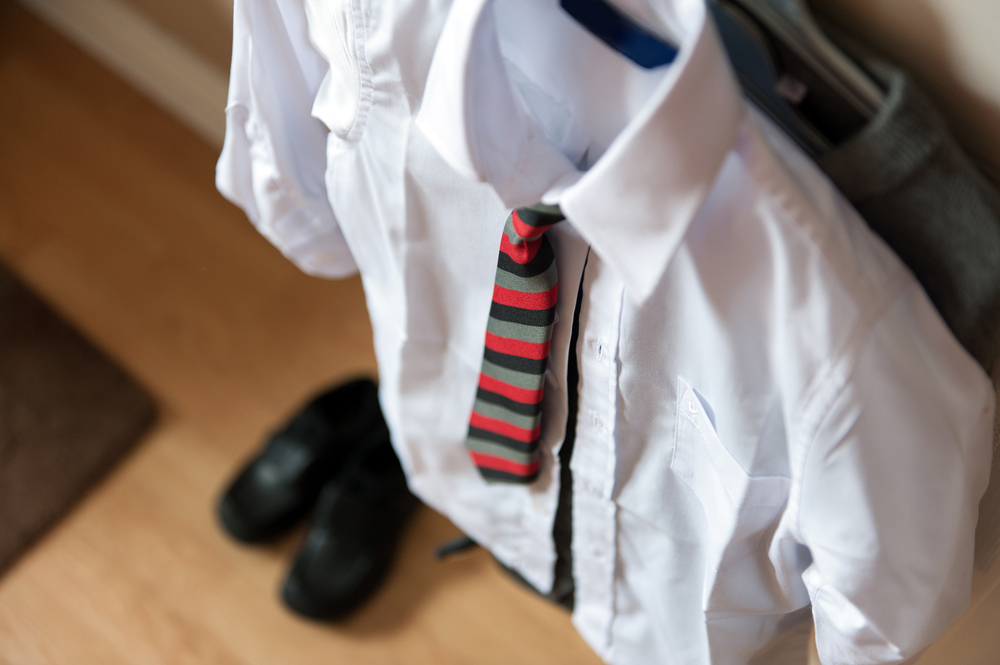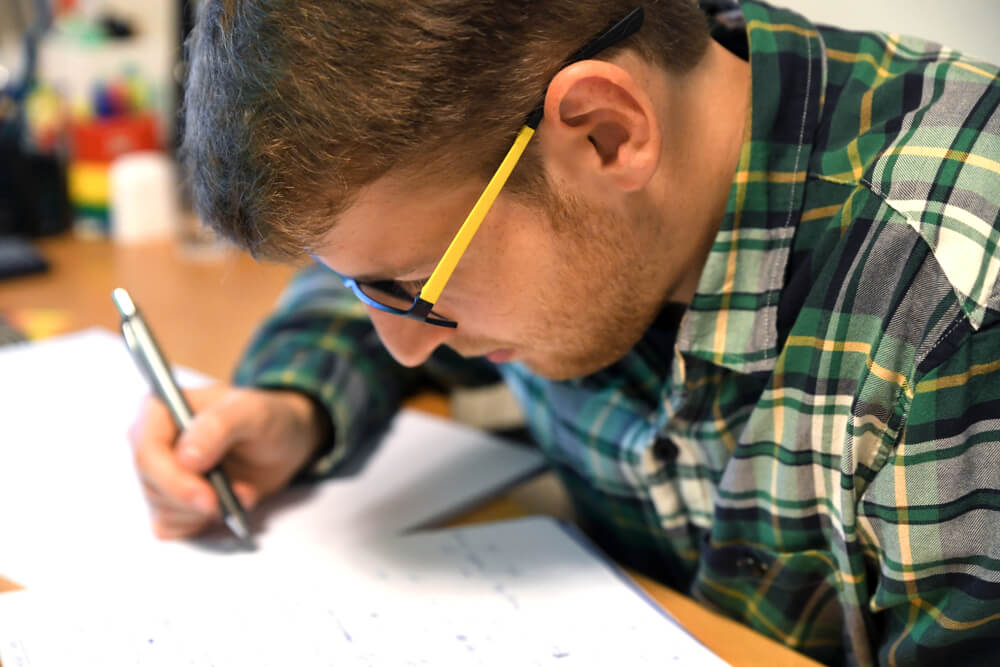Residential treatment centers are rehabilitative facilities for individuals needing full time therapeutic care to overcome addictions, deal with daily challenges or correct behavioral problems. Residential treatment centers were first established in the United States in the early 1900’s as an answer to the question of what to do with mentally ill children. Before that time, they were often placed in jail with adults when they could not remain in their homes. Anna Freud and her colleagues at the Vienna Psychoanalytic Society campaigned for changes and worked to create the first residential treatment centers for children with behavioral, emotional or mental disorders.
In 1944, several more groundbreaking activists came forward to help change society’s attitude toward mental illness and treatment options. Bruno Bettelheim from the Orthogenic School in Chicago promoted the idea that full time psychiactric care was a community where patients were shaped by the behavior of each other as well as the staff. He also believed that families should not have frequent contact with their child during treatment, but play a large role in long term success. Fritz Redl and David Wineman at the Pioneer House in Detroit designed a curriculum to help special education children improve sociability and impulse control. Following WWII, all three activists were instrumental in establishing residential care facilities as a viable option for children who could not remain at home.
The 1960’s saw a second generation of residential treatment centers as the work of the Vienna Psychoanalytic Society was carried on. Dr. Albert Treischman established the Walker Home and School for teen boys with severe behavioral disorders. What made his program unique was the family and community involvement that he encouraged. Cognitive behavioral therapy was introduced in the 1980’s as a source of intervention and was frequently applied in residential treatment centers in order to produce healthier and more permanent results. At this time, attachment theory was also developed in response to the needs of abused and neglected children who required caretakers that were trained in the results of trauma.
Today, there are over 1,500 residential treatment centers throughout the United States, housing approximately 50,000 children and adolescents. Each state has different laws regarding the accreditation and regulation of these facilities. Parents researching programs should also look into state requirements in order to ensure the health and safety of their child. Although therapy continues to expand and change, there is no doubt that residential treatment programs have changed the lives of thousands of children and teens over the last century.











0 Comments